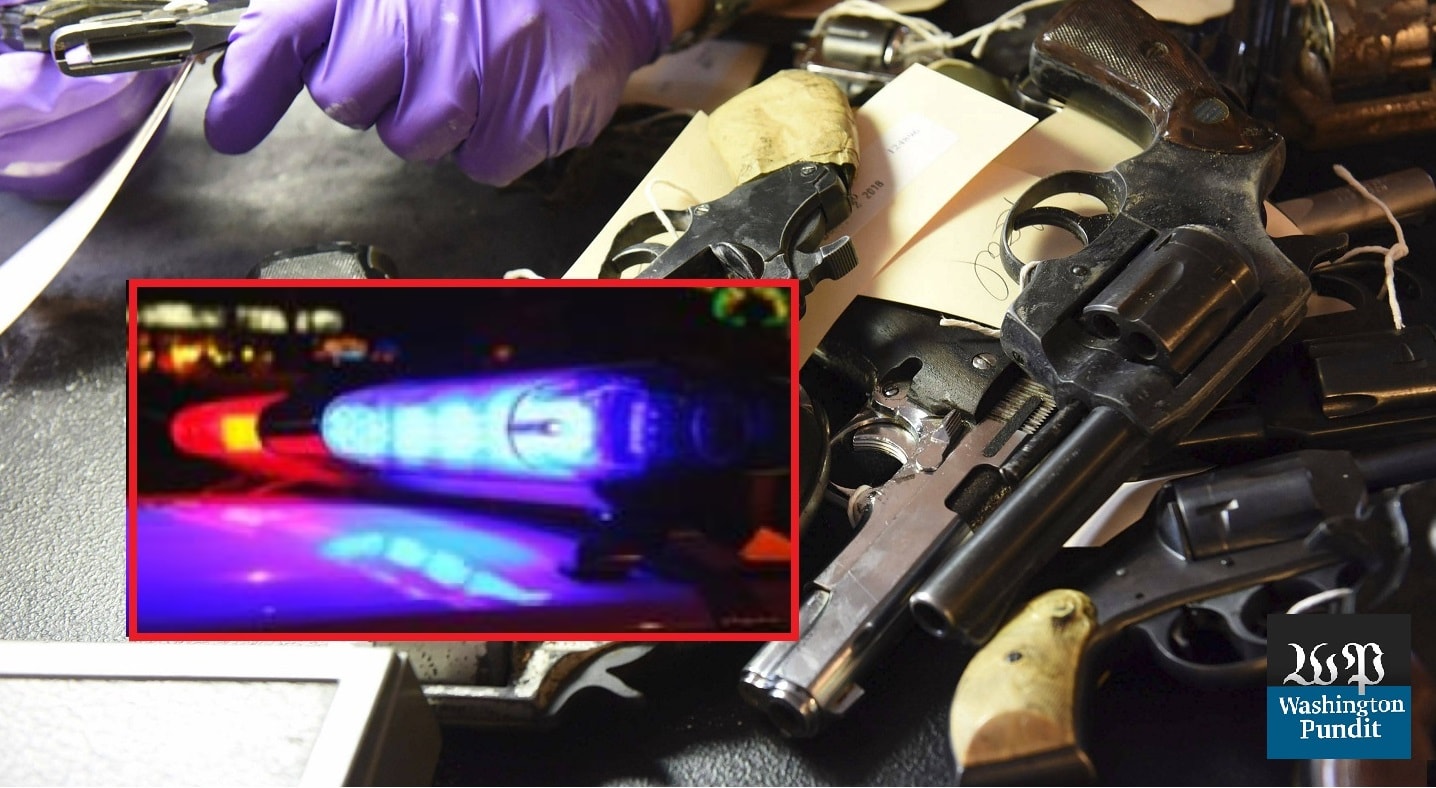A study says that better enforcement of current laws could result in a major reduction in gun crime.
A study published in the latest edition of the Journal of Urban Health argues perpetrators of gun crimes acquire their guns shortly before using them, and better enforcement of current law could interrupt these transactions.
The study, funded by an award from the National Institute of Justice, looked at the final sale or transfer of firearms to individuals who then used them to commit crimes. It relied on data from the Chicago Inmate Survey (CIS), which interviewed 221 people convicted of gun crimes serving time at seven Illinois state prisons.
The researchers, from the University of Chicago and Duke University, note that while a great deal of research has examined the “time to crime” for firearms—often finding guns take decades to make their way from legal purchases into the criminal market—little research exists on the last transfer to the people who use firearms in a crime.
“We know a lot about the first sale of that gun, and we know a lot about the last person caught with that gun,” Harold Pollack, the Helen Ross Professor in the University of Chicago’s School of Social Service Administration, told UChicago News. “We just don’t know a lot about what’s in between.”
The study said those interviewed were unable to obtain guns via legal purchases and got them from relatives or through underground contacts. Researchers found the median time between purchasing a firearm and using it in a crime was two months. Furthermore, 42 percent of respondents said they did not have a gun six months before their arrest.












